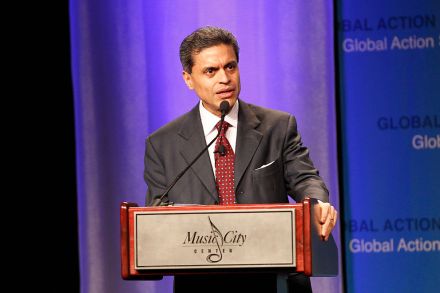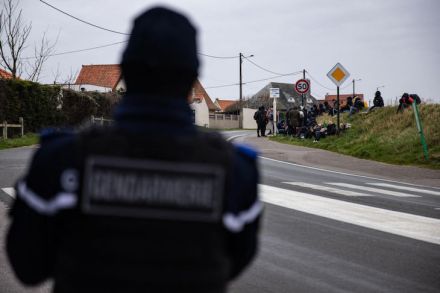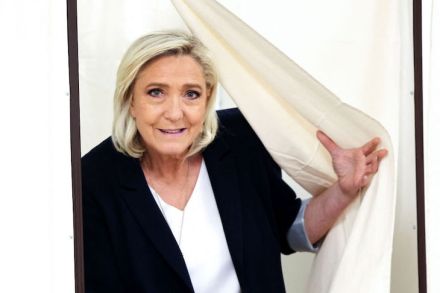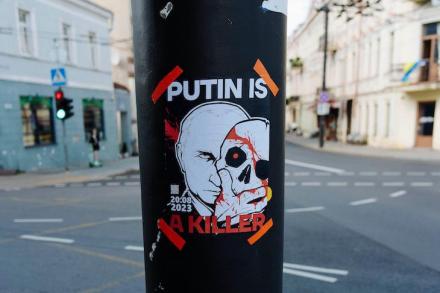Who are the Russian NHS hackers?
What do you do if you’re a modern state and need extra capacity in a hurry? You outsource. And if you’re also a kleptocracy, to whom can you turn for this? Criminals. It’s not clear whether Qilin, the Russian hacker group behind the recent attack on NHS suppliers is run, encouraged, or simply given a pass by the Kremlin, but the growing interpenetration of espionage, subversion and crime is a threat we must recognise. Qilin, which engages in ‘ransomware’ attacks whereby it locks up a target’s systems until it pays to have them unlocked – £40 million is the demand in this latest attack – has been active since October





















